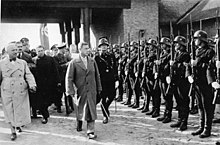
In the shadows of World War II, amidst a Europe ravaged by conflict and power struggles, lay a scheme that, if executed, would have aimed to reshape the Western Front—Operation Sealion.
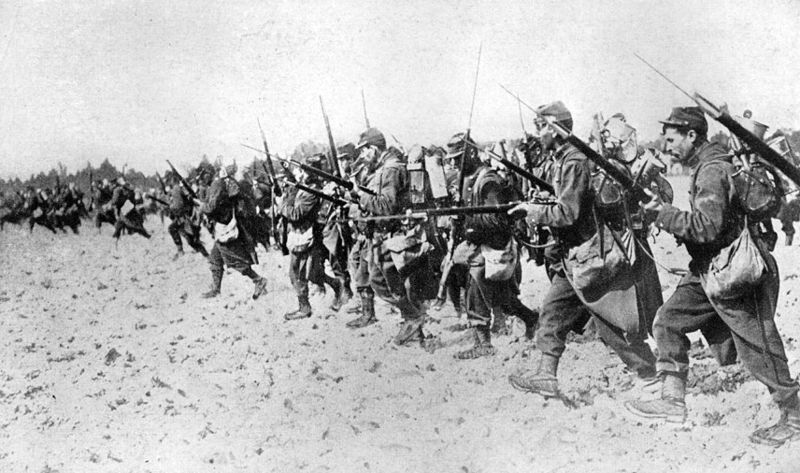
This was Nazi Germany’s grand yet unrealized plan to invade and conquer Britain, a maneuver that many believed could have sealed Adolf Hitler’s domination over Western Europe.
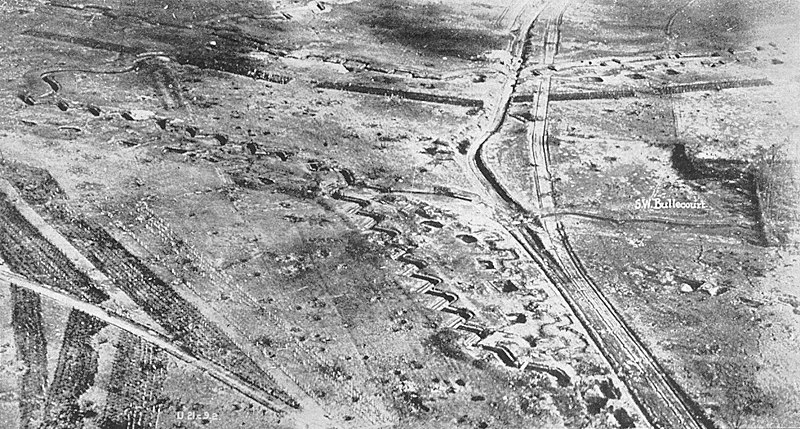
In July 1940, a confident Adolf Hitler, emboldened by a string of victories across the continent, set his sights on Britain.
Hitler anticipated Britain would seek peace following the fall of France; however, Britain’s refusal to negotiate spurred the Führer into action.
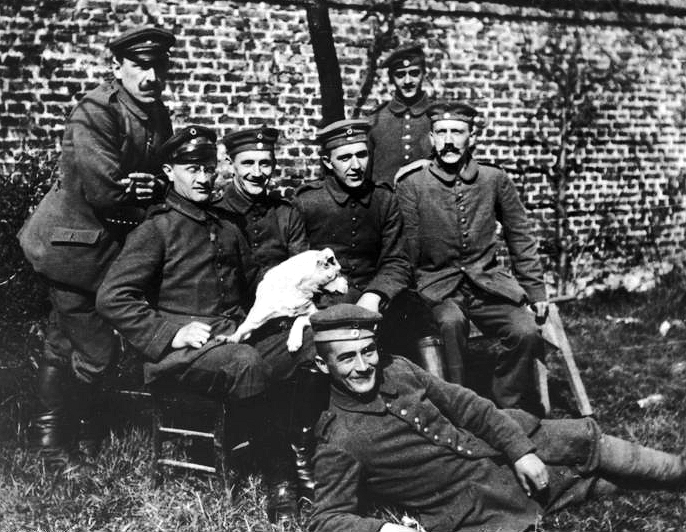
“Since England, in spite of her hopeless military situation, shows no signs of being ready to come to a compromise, I have decided to prepare a landing operation against England, and, if necessary, to carry it out,” Hitler declared.
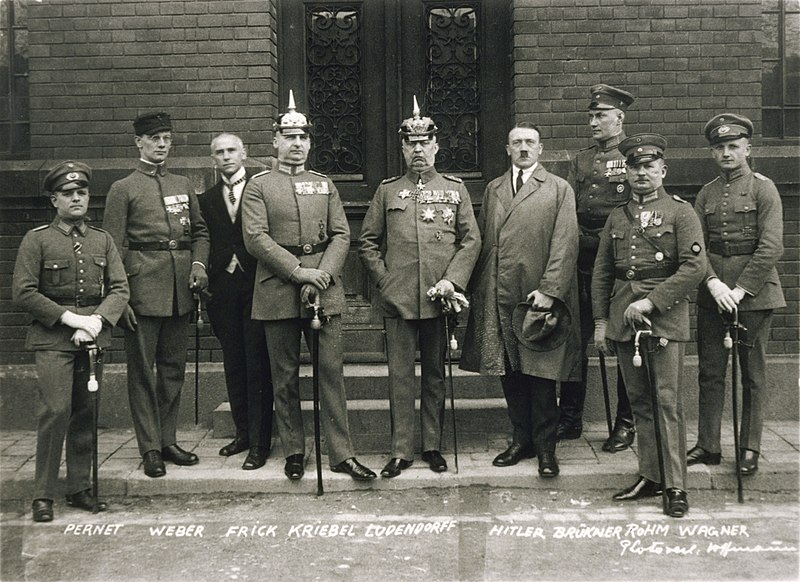
This operation was a tripartite plan of attack, starting with the Luftwaffe’s attempt to gain air supremacy—a necessary precursor to any successful cross-Channel incursion. Hermann Göering, head of the Luftwaffe, believed his aerial forces could crush the Royal Air Force within weeks. Meanwhile, the Kriegsmarine, Germany’s navy, despite being outclassed by the Royal Navy, sought to secure the seas via minefields and decoy attacks.

On land, the German Army was to undertake the most challenging feat: an amphibious assault on British beaches without the specialized landing craft that would later be used in Normandy. Instead, river barges would ferry the German infantry across the Channel.
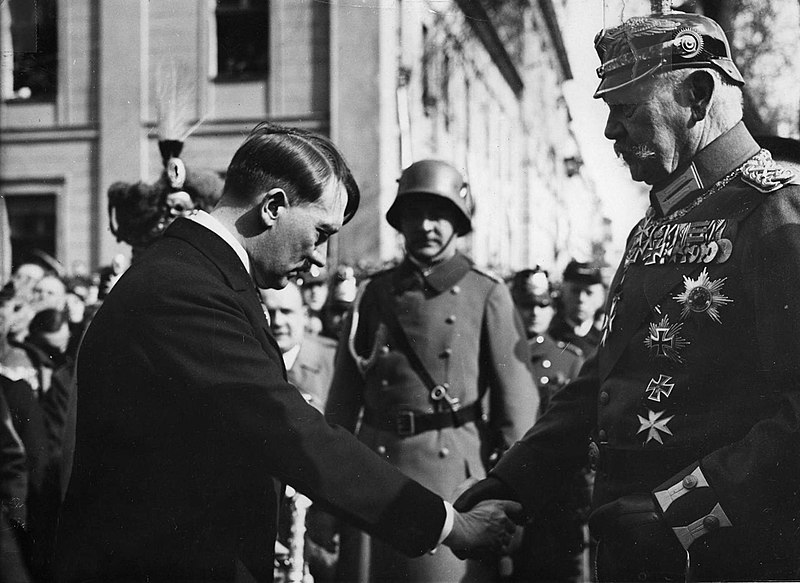
Yet, for all its grandeur on paper, Operation Sealion was fraught with disagreements among the German high command and ultimately, a failure to meet key conditions for success. Hitler’s infighting generals could not agree on the invasion’s logistical details, and more critically, the Luftwaffe failed to win the decisive aerial battle over the British skies.
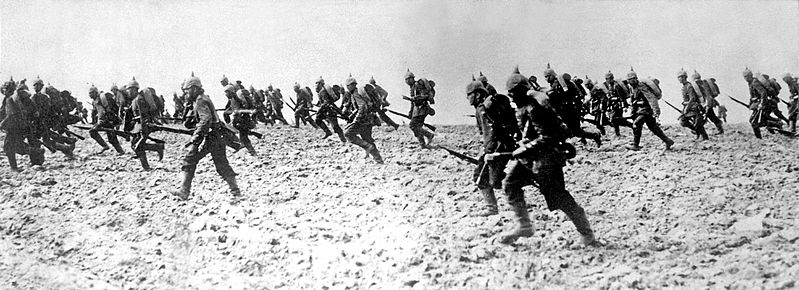
By September 1940, with the Royal Air Force still very much intact and the Kriegsmarine’s grand fleet reduced to contemplating near-suicidal tactics to counter the mighty British Navy, Hitler indefinitely postponed the invasion. The Luftwaffe’s shortcomings in the Battle of Britain marked the turning point, sealing Sealion’s fate as a historical what-if.
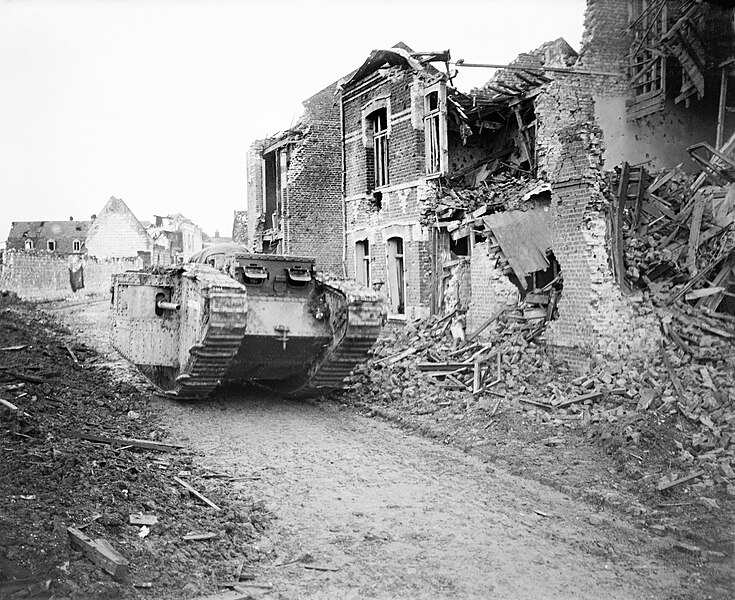
The question of what might have happened had the invasion succeeded still tantalizes historians and military strategists. A war-gamed scenario at the Royal Military Academy Sandhurst in 1974 suggested that even if German forces had managed a beachhead, they would likely have been repelled before making significant inland progress.
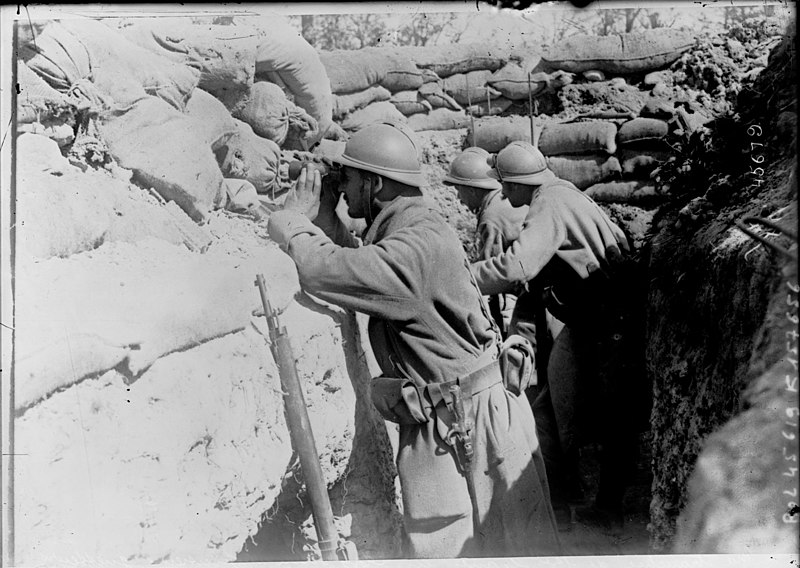
Grand Admiral Karl Doenitz’s memoirs revealed his own skepticism, and Michael Glover, a post-war historian, surmised that Britain had prepared for a menace that was not a realistic threat, arming themselves for a war logic suggested they could not win.

The British response, championed by Prime Minister Winston Churchill, was one of resilience and defiance. Churchill’s broadcasts galvanized the nation, invoking the spirit of valour and readiness for conflict. The looming threat of invasion acted as a crucible, uniting Britain in a moment of existential danger, allowing Churchill’s oratory to breathe new vigor into the country’s war efforts.
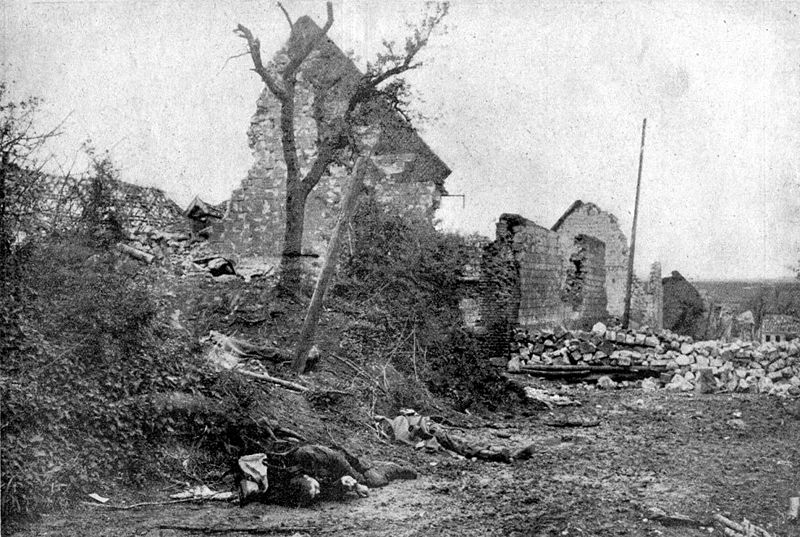
As summer waned and the chance for invasion slipped by with each tide, Hitler’s focus shifted eastward, towards the Soviet Union, with the failure of Operation Sealion marking his first significant defeat of the war.
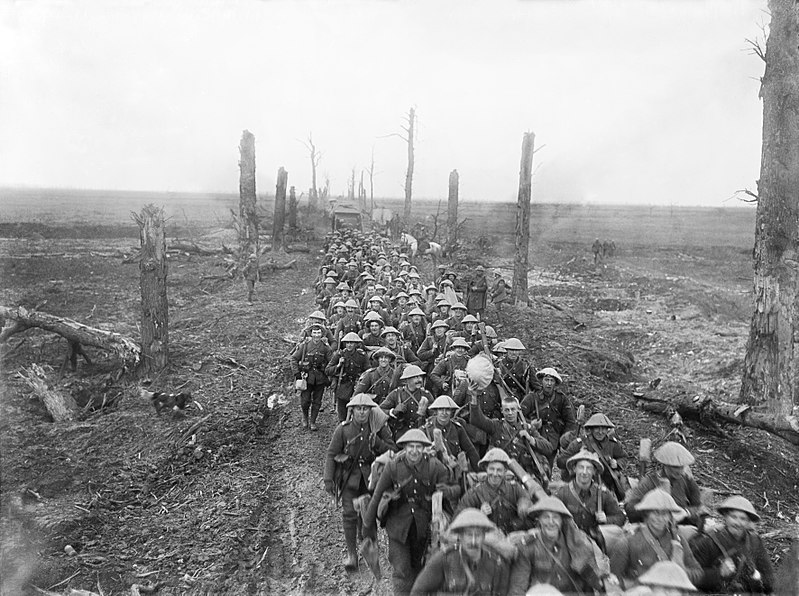
The planned invasion, though intensive in preparation with an armada of barges and ships at the ready, was ultimately relegated to history’s shelf of speculative enterprises. The non-event of Operation Sealion, as Glover notes, remained a testament to Britain’s fortitude, an enduring victory that stemmed from a battle never fought but won in spirit.
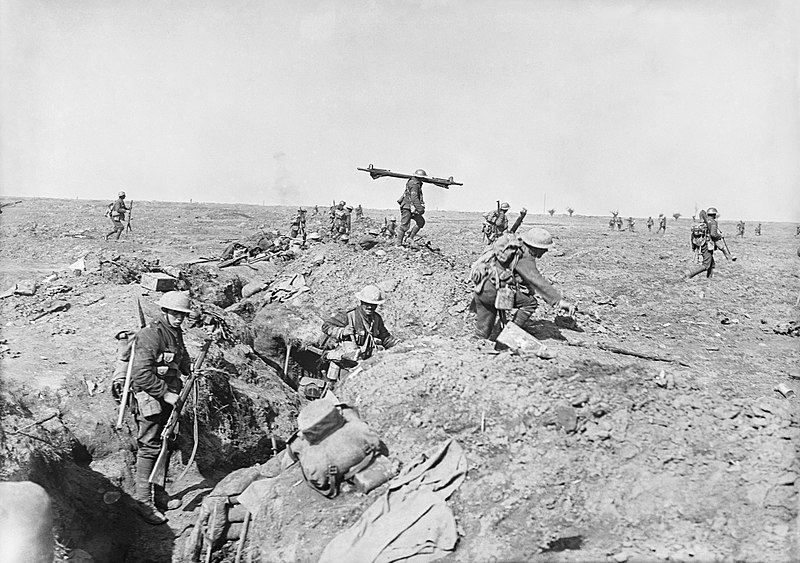
Operation Sealion remains etched in the annals of military history, a testimony to the complexities of warfare and the unpredictability of strategic decisions. Its legacy persists not only as a footnote of averted history but as a reminder of a time when Britain stood alone against a seemingly unstoppable force, reflecting the resilience and determination that can shape the fate of nations.
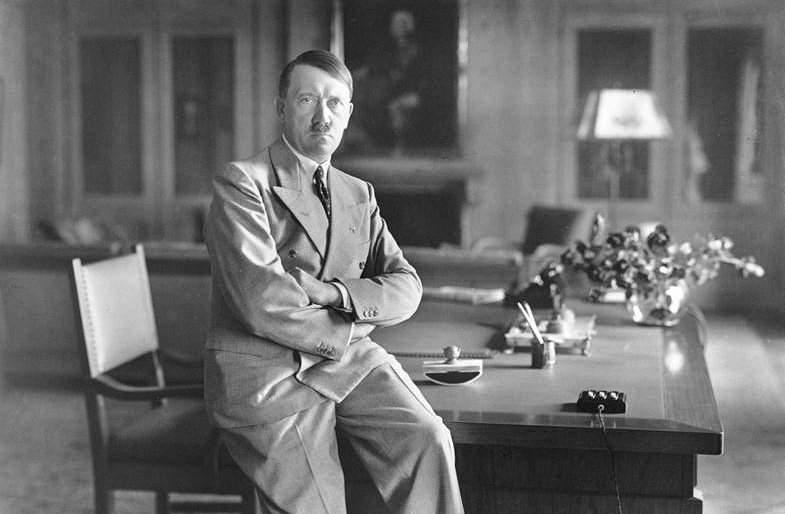
Relevant articles:
– Operation Sealion, The Royal Air Force Museum
– What was Operation Sealion, Hitler’s planned invasion of Britain? And why was it cancelled?, HistoryExtra
– Hitler’s planned invasion of Britain, Bexhill Museum
